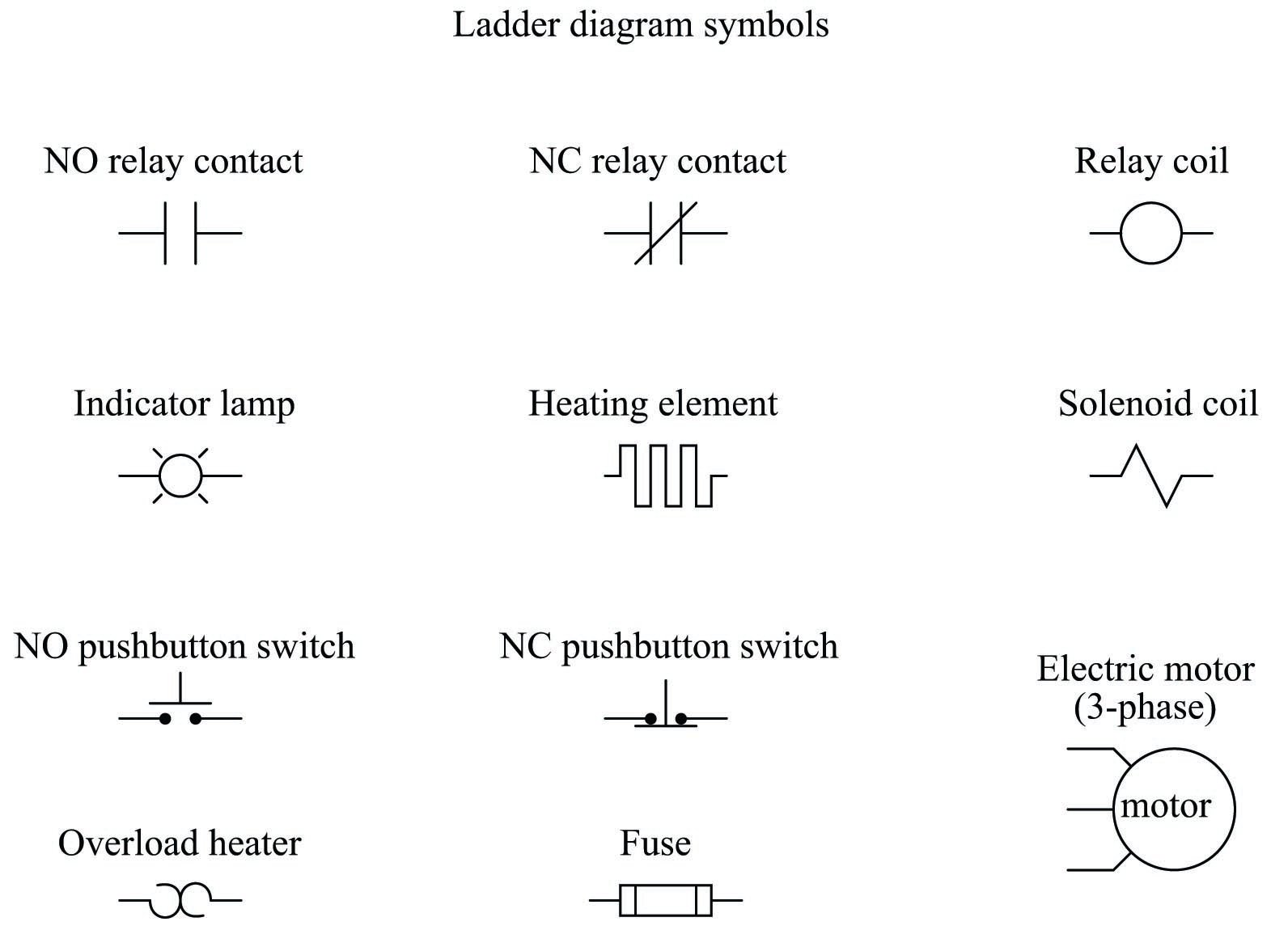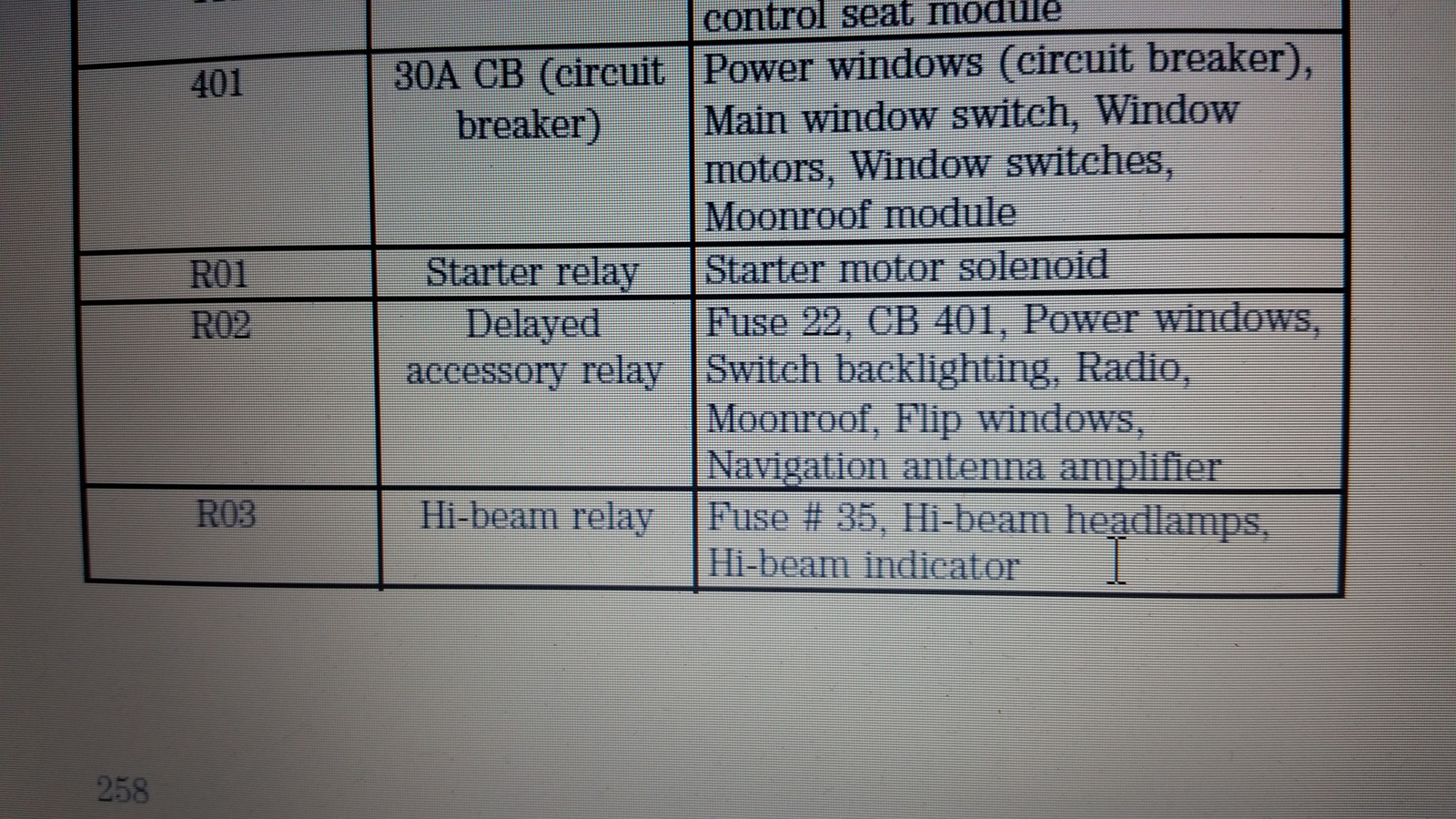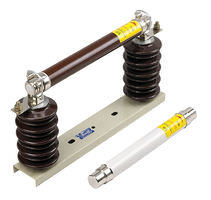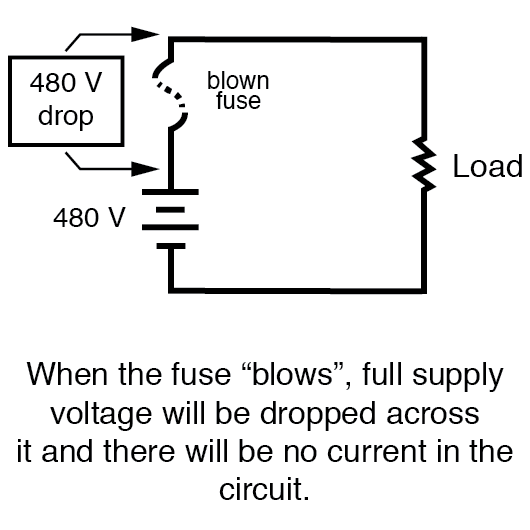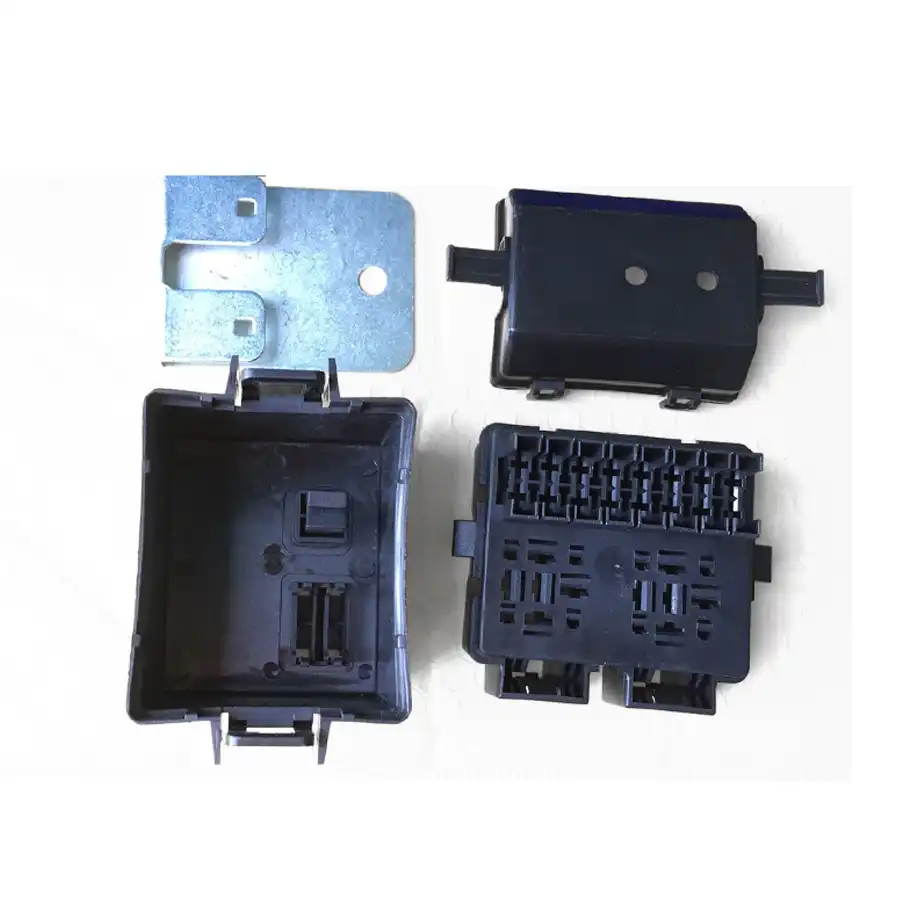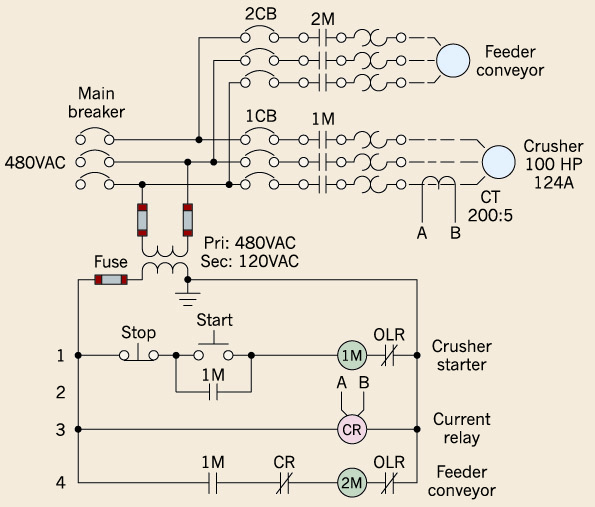It is not usually meant to open under fault conditions high current and would likely fail if done so. Fuse as well as circuit breakers are used for interrupting the flow of electricity.
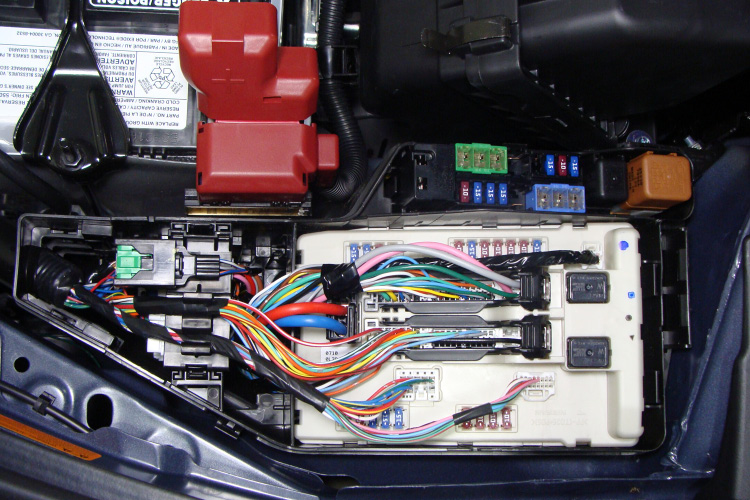
The Simple Circuit
Difference between relay and fuse. It controls the flow of current by opening or closing of circuits. It controls high power circuits with low power signals by opening or closing the contacts. A relay is a switch. The magnetic element provides protection against overcurrent and thermal element protects the circuit from overload where it operate on inverse time curve ie. Switches can be controlled mechanically. A switch is an electromechanical device used to make or break the circuits.
Slow blow fuses and overload relays are used against overload protection whereas thermal magnetic circuit breaker are used for both overcurrent and overload protection. This video shows the main difference between a fuse and a relay. However there are some key differences in the way they function. Difference between relay and switch. Relays can be controlled electronically. A fuse is a fault protection device.
Fuse and circuit breakers are one of the critical components of an electrical system. Here is a comparison between switch and relay. Relay is an electromechanical device used to make or break the circuits. While both circuit breakers and fuse perform the same job that is to prevent overloads. Difference between fuse and circuit breaker. Bothe fuse and circuit breaker are rated in amperes which can be seen on its nameplate which is known as rated current or nominal currentwe know that both fuse and circuit breaker having the same rated current say 30a will not trip when more than 30a say 32 is flowing through them.
The tripping time becomes less when current increases. One of the basic difference between fuse and circuit breaker is that fuse is a metal piece which melts when there is overload. Difference between relay and circuit breaker characteristics of fuse and circuit breaker. If a short circuit develops.
